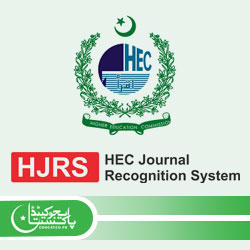FDI, Import Weighted Tariff and Domestic Investment In Sub Saharan African Countries
DOI:
https://doi.org/10.58800/bujhss.v5i1.70Keywords:
Macro-economic environment, ustainable Development Goals, Domestic investment, Import weighted tariff, FDIAbstract
Macroeconomic environment and policy framework are drivers todomestic investment, like other region, SSA region is affected by low return toinvestment stem from inadequate policy framework especially the SAP 1986,global financial crisis of 2007-2008 andlingering debt crisis. This study used apanel data set of twenty four (24) countries spanned 2006 to 2017. The rationaleof exploring SSA countries is due to unstable investment profile which continuedto reduce the size of domestic investment. The studyemployed pooled ordinaryleast squareregression with robust option, the fixed effect and random effectestimation with robust options to ensure robustness of the result. The results ofthe study revealed that coefficient FDI, law and order, export and GDPexerts positive influence on domestic investment. Corruption and import weighted tariffimpact a negative influence on domestic investment.Although SSA may not havekept pace with global ambition and SDG goals, the region had made progress instrengthening indigenous investment through sound macroeconomicenvironment and fiscal consolidation, corruption hiders investment due to theincreasing cost of business and risk associated to it. SSA countries depend onimport technology to drive their economies, when import weighted tariffs arehigh, it deters investors and more so, the negative coefficient shows that SSAcountries have poor compliance to tariff guide lines. Thus, strengtheninginstitutional quality will reduce cost of doing business and confidence ofdomestic investors. There should be a realistic reform of investment policy fordomestic firms and legislation to support the activities of investors. There should
be improved legal and regulatory framework that can limit investment risk,distortions, restrictions which can stimulate domestic investment.







